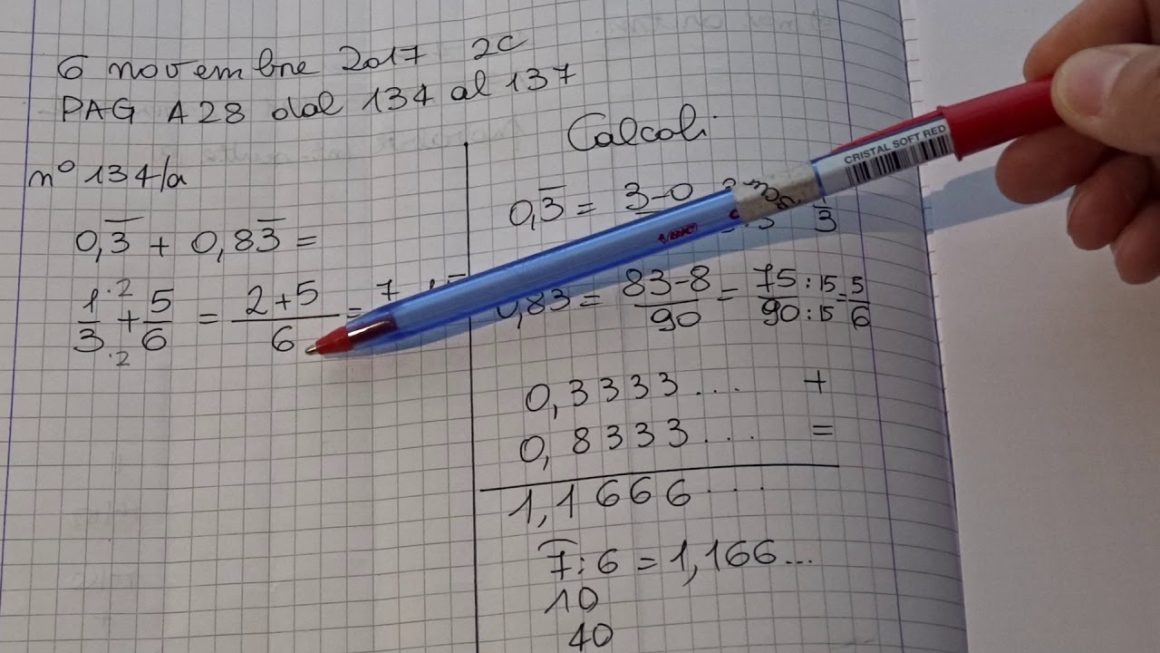If we had no basic knowledge of numbers, we would be unable to go shopping, have a bank account, understand a recipe to make a cake or if the wardrobe we are about to buy will pass through the door or how much interest we are paying on a loan. It is not just a question of working with numbers, but also of understanding when numbers should be used. Should I buy the car or lease it? The recipe that is shown for 4 people must in my case be for 6. Competence with numbers should not be confused with being good in maths. In fact many mathematical geniuses are hopeless with the everyday use of maths and vice versa many people who are good in maths cannot see the broader picture and are often worried about ridiculously small risks (being eaten up by a shark while swimming in the sea), or they fail to distinguish between correlation and cause (the more ice creams that are sold and the more violent crime; easy to see the correlation with temperature); meaning is attributed to situations that are meaningless (since the red has come out six times in a row next time it must be black). One might think that in a world of computers and adding machines it is not important to be competent with numbers. These instruments are great if you have to accurately calculate magnitudes that the human mind has difficulty contemplating (light year distances, size of subatomic matter, cost to build a new metro), but if the waiter makes a mistake and brings us the wrong bill, basic maths competence will tell us that one hundred euros for two coffees is probably a mistake. In fact, a little common sense and a little maths gives a result that for the moment no form of artificial intelligence can copy. So, if we teach our children common sense, the rest can be taught at school, ski club, music lessons and dance group.


Leave a Reply